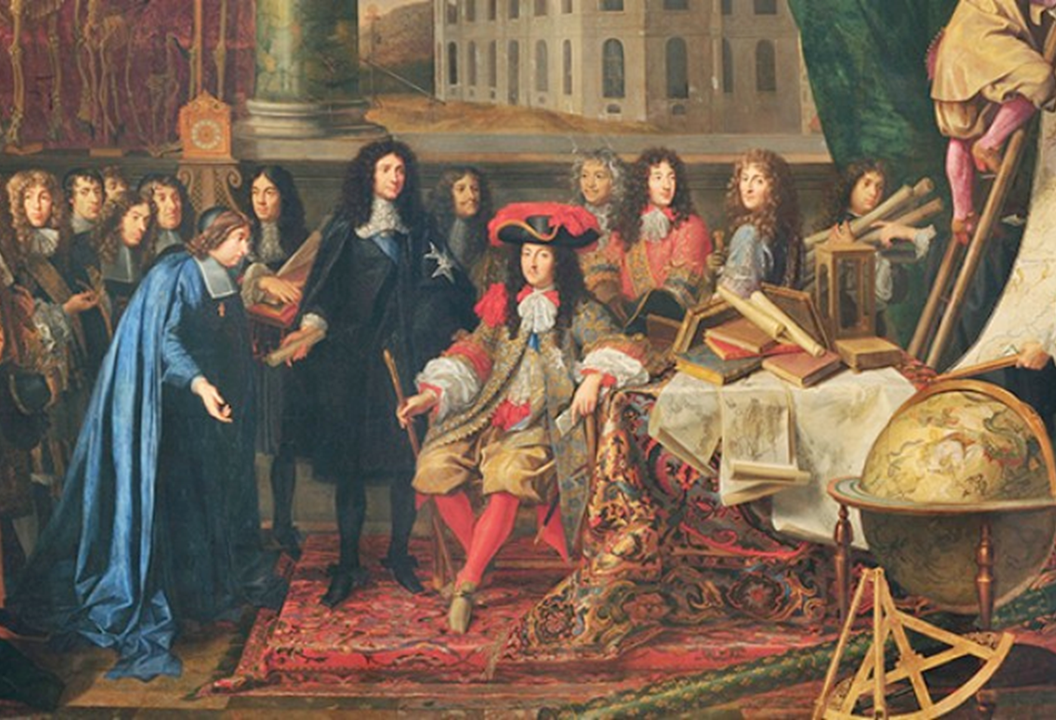Absolute Monarchies in Europe

An absolute monarchy is a form of government in which an all-powerful king or queen rules a state. This form of government was popular in Europe toward the end of the medieval period all the way up to through the 18th century.
Rulers in an absolute monarchy had total control over the country. Most believed they had the divine right to rule, meaning that God created the monarchy they ruled over and they alone were God’s representative on Earth. These monarchs ruled for life and power was passed down through bloodlines, meaning their children ruled after them, creating a dynasty.

Causes of Absolutism
Before the time of the all-powerful monarchs, Europe had decentralized governments. Invasions by Vikings and other “barbarian” groups created fear amongst the population. This created a perfect environment for all-powerful leaders to rise.
Effects of Absolutism
Once absolute monarchs gained power, they began to consolidate, or reinforce, their power within their borders. They would set up large royal courts, which were an extended royal household, including all those who regularly attend to the monarch and the royal family. Monarchs did this in order to appear more powerful and to control the nobility. They also regulated religion to control the spread of ideas. If monarchs could control what the people were hearing, they could keep their power. Large bureaucracies were also created in order to control the economy.
How Absolute Was Their Rule?
How powerful a king or queen was depended on the state in question. England, Poland, and The Holy Roman Empire were less absolutist. The rulers in these states shared power with a legislative branch known as parliament. The people had greater freedoms and limits were placed on the ruler’s power.
At the other end of the scale, there were countries that were very absolutist such as France and the Ottoman Empire. These states had total control by their ruler who claimed divine right to rule and controlled the nobility. The best example of this is Louis XIV of France. He referred to himself as “the Sun King, because like the sun was to the earth, he was to France. Then there were also states that were somewhere in the middle of the scale such as Spain and Russia.